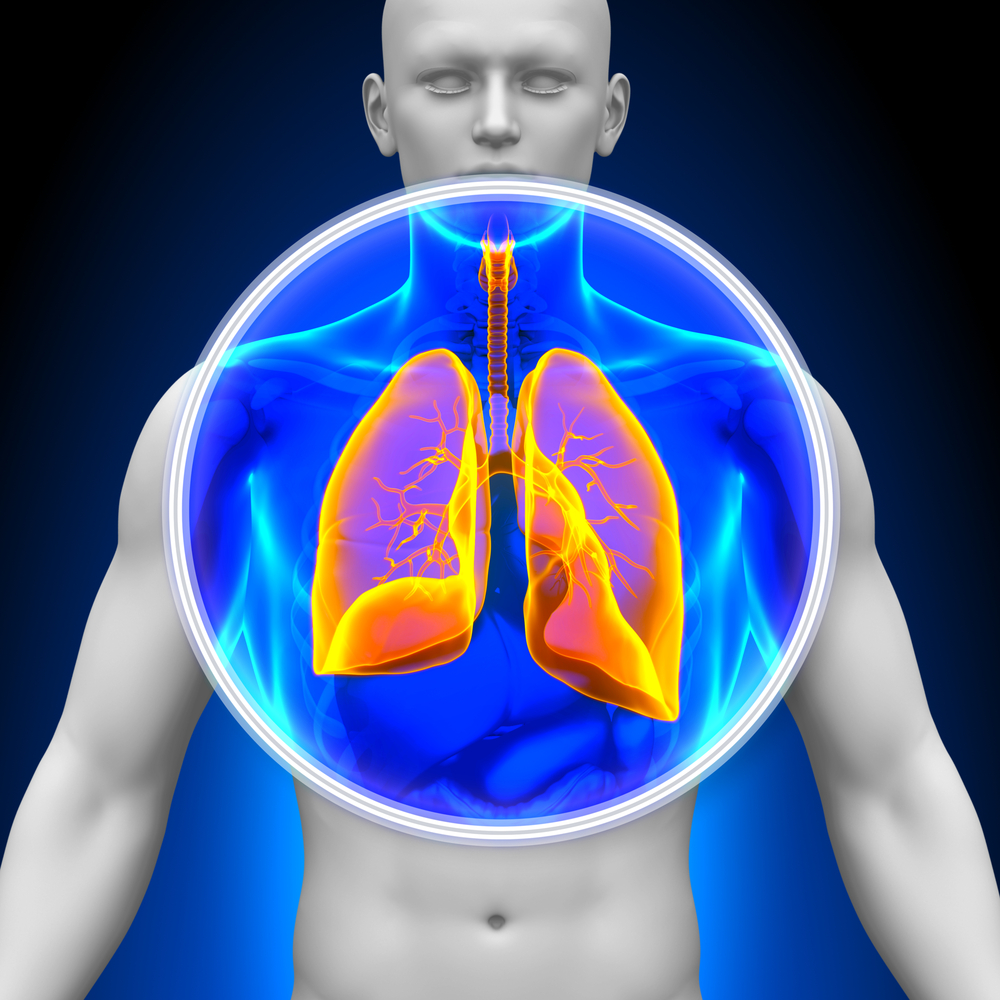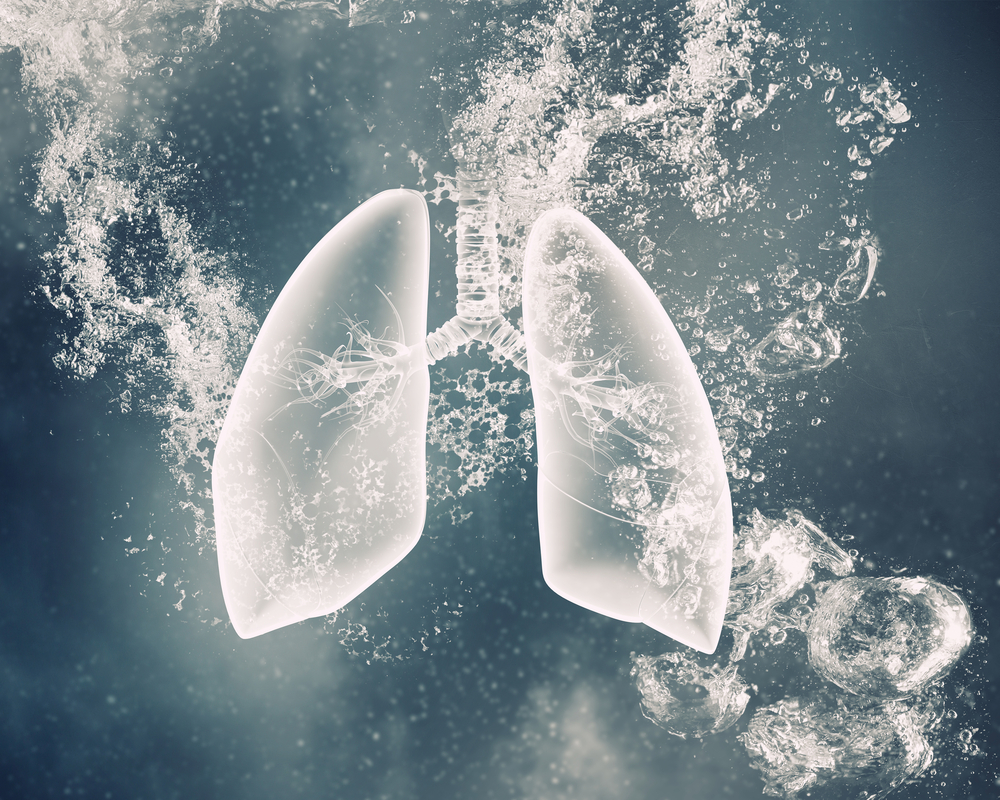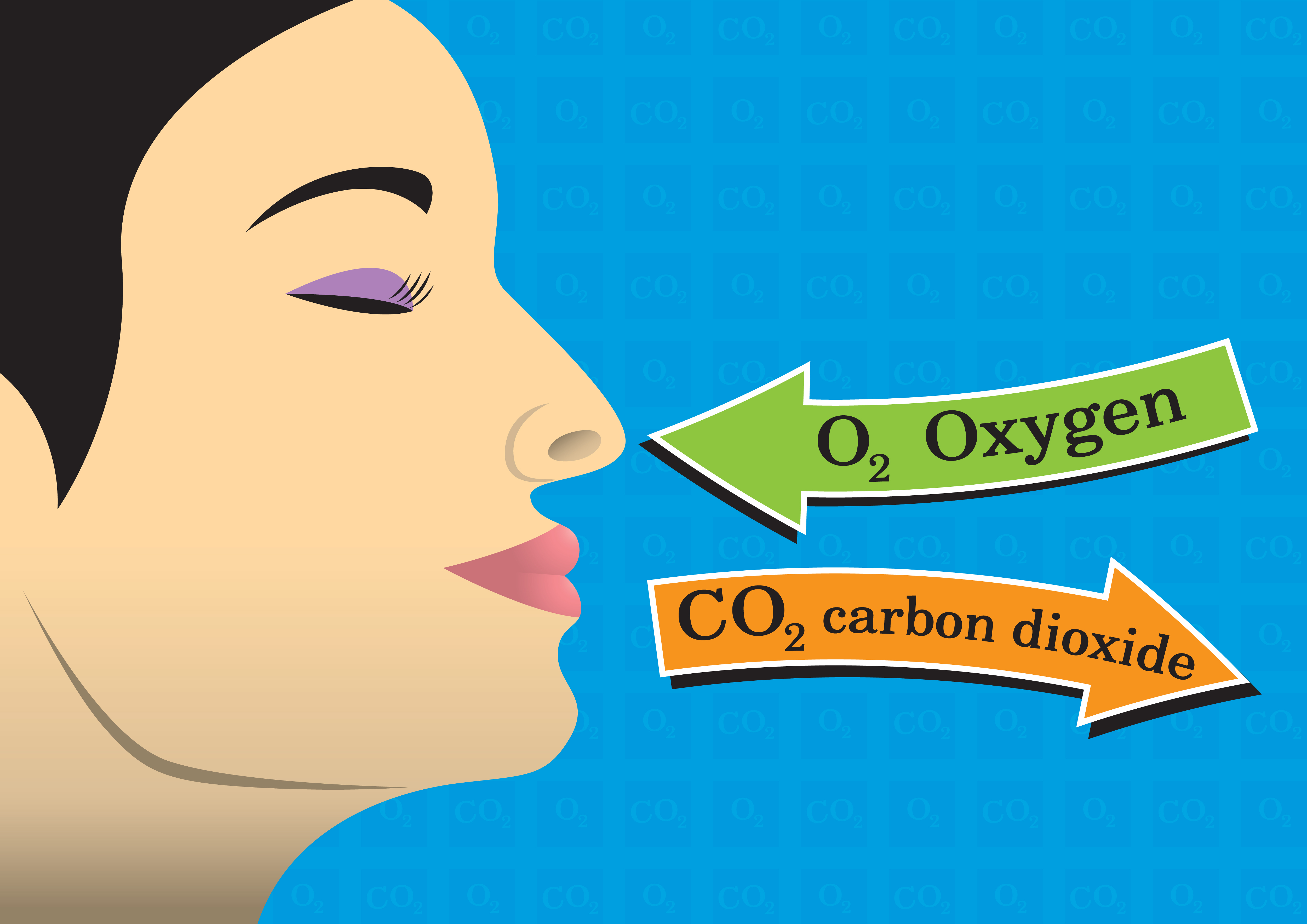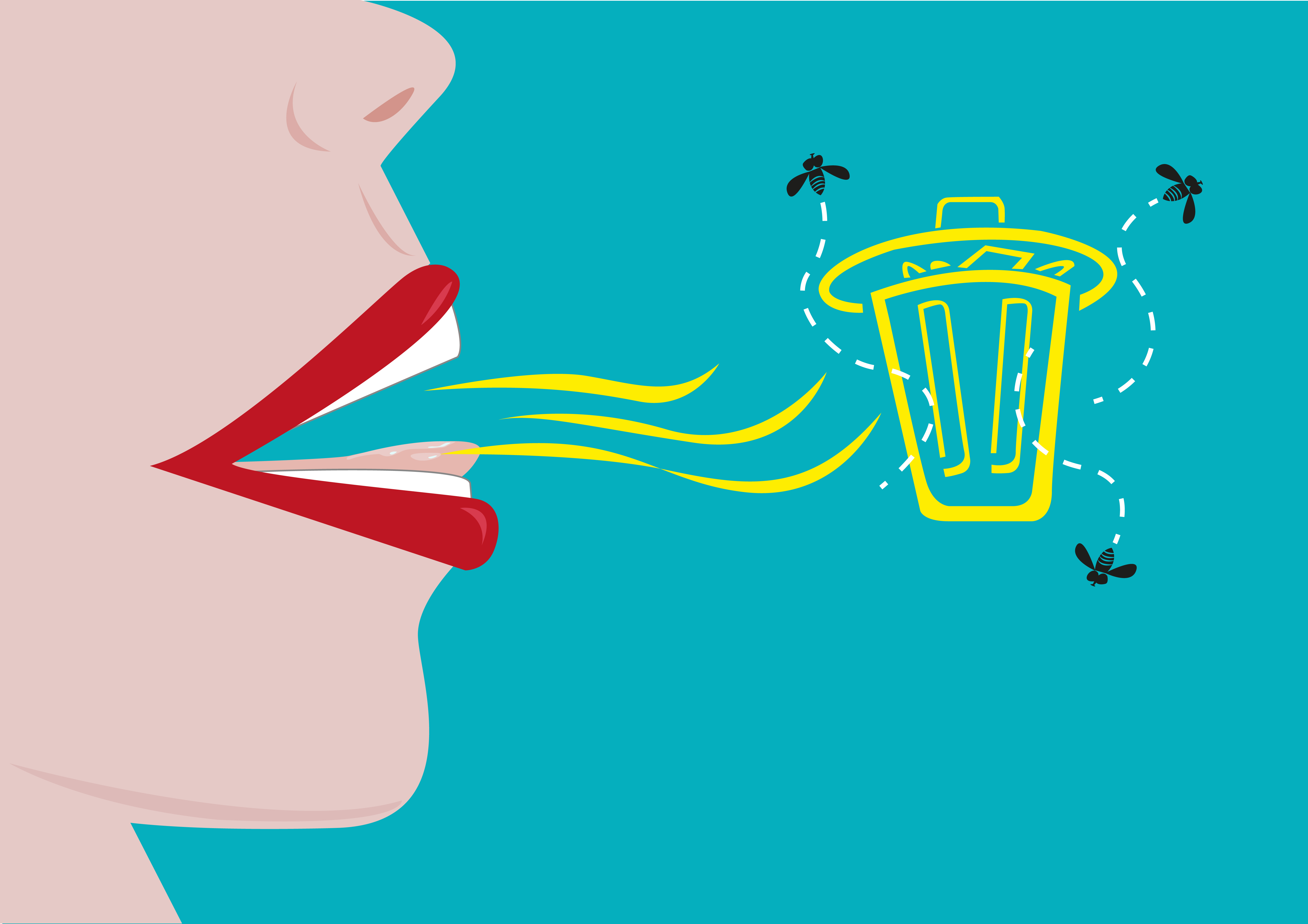8 Curious Facts About Lungs
Written by |

Pulmonary fibrosis is a serious lung condition that causes scarring of the lung tissue, which results in severe breathing difficulty among patients. Breathing is the most important thing your body does; without it, you simply can not live. It’s something you do without even thinking unless you suffer from a lung condition that makes your breathing a difficult task. But there’s more to learn about the body, the respiratory system, and the lungs.
Here’s a list of some curious facts about the lungs that are worth taking a look at (source: Lung Institute website):
1. A person usually breathes an average of 13 pints of air every minute.
Learn more about how to educate your lungs to improve breathing.
2. Lungs aren’t necessarily the same size; to accommodate the heart, the right lung is larger than the left lung (in human beings).
So, what happens to the lungs in pulmonary fibrosis?
3. Lungs float on water! It’s not something everyone knows, but actually, these are the only organs in the human body that are capable of floating on water.
Learn more about human lungs here.
4. What do lungs and a tennis court have in common? Their size! It seems pretty impossible, but if the lungs were open flat, they would be so big that they would cover the size of a tennis court!
Aerobic and Other Exercise Training Should Be Standard of Care for IPF, Review Argues
5. Even though we usually associate breathing with oxygen, we actually need very little. Air has 21% oxygen, yet the body only needs 5%. The rest is expelled when exhaling.
So, what happens to the lungs in pulmonary fibrosis?
6. 70% of waste is eliminated through your lungs just by simply breathing.
Learn more about how to educate your lungs to improve breathing.
7. Children and women are faster breathers than men since their breathing rate is higher.
Learn more about human lungs here.
8. Humans exhale up to 17.5 milliliters of water per hour.
So, what happens to the lungs in Pulmonary Fibrosis?
Pulmonary Fibrosis News is strictly a news and information website about the disease. It does not provide medical advice, diagnosis or treatment. This content is not intended to be a substitute for professional medical advice, diagnosis, or treatment. Always seek the advice of your physician or another qualified health provider with any questions you may have regarding a medical condition. Never disregard professional medical advice or delay in seeking it because of something you have read on this website.













